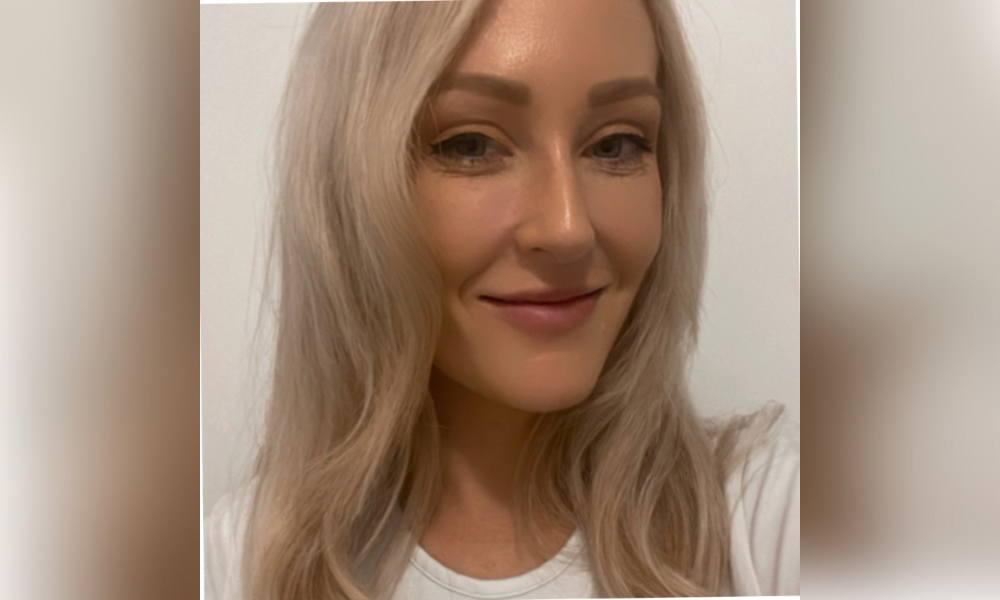
Emerging HR expert on the future of the workforce: 'We're going to see more and more flexibility'

Since 2015, Millennials have dominated the workforce, and now, Generation Z is swiftly making its mark in offices, signalling a dual generational impact poised to reshape the C-suite. As millennials prepare to step into leadership roles, a transformation is underway.
Millennials came of age in a world that prescribed success as obtaining a university degree and diving into demanding 80-hour work weeks. However, the reality shifted for those who graduated at the onset of the global financial crisis.
Tanith Jones, head of people operations at Gallagher Bassett, told HRD: “We came out of university, and the job market was challenging and we had a very different perspective on what we wanted to achieve through our careers.”
Reflecting on those challenging times, Jones highlighted the resilience of her generation, noting that the experience of pushing themselves now shapes her leadership vision for the future of work.
“As a Millennial who has been in several leadership positions in my career when I talk to my peers who are young leaders, and we see this new generation coming in, we want to help them set boundaries, we want them to have flexibility, we want them to have a life outside work because it means that they are going to be more productive and more engaged.”
Jones envisions the future workplace without the constraints of the traditional nine-to-five fuelled by advancements in technology. “I think technology is going to massively increase in ways that we cannot even comprehend, and workplaces that thrive will be the ones that really harness changing technologies.
“We are planning and preparing for what the workplace will look like five years in advance because we need to build our workplace in a rapidly changing environment, for people who are younger than us,” she continued.
As the youngest member on senior leadership teams, Jones acknowledged the challenge of earning respect. “It can be really challenging to be the youngest voice in the room, but by using data and research you can ensure that your peers see the value in your advice.
She attributed her success in overcoming this challenge to quickly building trust, being responsive, and establishing a foundation grounded in dealing with data. “If you can present them with the reasons why and help them come along on a journey with you, you can build rapport and trust.”
Jones has had a varied career in HR, starting in hospitality where challenging discussions with chefs helped refine her communication skills. She then moved to the mining industry, where she led efforts to improve diversity and inclusion, and several roles in the insurance industry, where she expanded a team from 24 to over 600 within six months. Additionally, she has played a key role in developing and implementing flexible work programs, which was later implemented globally.
At Gallagher Bassett, she works with her team and leaders to provide the functional skills required to support the organisation’s continued growth - while emphasising scalability, consistency, and relevance in the contemporary business landscape.
“We’re seeing in the industry a lot of talk on compressed working weeks, which carries plenty of challenges and benefits with it.”
While acknowledging the demographic challenges in the insurance industry, Jones encourages other millennial leaders to challenge the status quo.
“Every generation of leaders brings a new and unique perspective, so it’s really important that we query the status quo and really investigate whether there is a better way of working. Are we following this process because we’ve always done it this way and that’s what we’re comfortable with or is there a better way we could consider?
Reflecting on her leadership journey Jones said, “You learn from every leader and team member you work with, which is why I always say to “be the leader that you wish you had.”